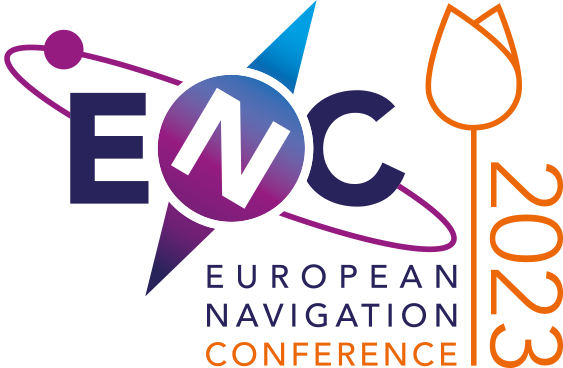ENC 23 Resilient Navigation
Vulnerability of satellite-based Position Navigation and Timing (PNT) is widely recognized and applications relying on correct and continuously available PNT information require resilient solutions.
Resilience in position determination may be improved by addressing the robustness of individual components, but also by applying redundancy, dissimilarity and specific algorithms and data processing techniques. This applies to all elements of the PNT solution: the signal measurement domain, any infrastructural elements, service provision and end-user implementation.
Overall navigation resilience, however, also requires vulnerabilities to be addressed in other functions and data used for navigation, including map information, various databases, routing/path definition, guidance and control.
Separate from those functional matters, application domains such as aviation, maritime and surface navigation may show widely different implementations. Examples are man-machine interfaces, function allocation between electronic elements and human operators, crew complement, training and proficiency/skill base, developments in rules and regulations (ICAO/Aviation, COLREG/Maritime), quality and use of meteorological and oceanographic information. Correspondingly, measures must be considered in context of resilience.
The ENC 2023 theme addresses:
- The current state of affairs in terms of resilience in maritime, aeronautical and surface navigation
- Efforts needed, planned and being executed to mitigate current vulnerabilities and increase resilience, including operational measures such as crew familiarisation and training.
For the conference, papers are solicited addressing this theme from the technical, operational and legislative/regulatory perspective.
Complementing the main conference theme, ENC 2023 will welcome papers in the areas of:
- Integral navigation systems
- Integral end-to-end navigation solutions
- Aircraft integrated navigation-performance management
- Personal navigation (automobile, sports, marine)
- The human role in marine navigation; vulnerabilities and measures
- Application of enhanced vision/augmented reality functions
- Operational techniques such as platooning
- Interference rejection and immunity
- RPAS/UAS oriented navigation applications
- Shipborne navigation including shore-based monitoring and control
- Specific sea operations and constraints
- Navigation in space operations
- Position determination
- GNSS Multi-constellation/Multi-frequency position determination
- GNSS Multi-constellation augmentation services
- Synergistic position determination
- Sensor fusion aimed at complementarity
- Cyber security including immunity to spoofing
- GNSS security considering the various OSI layers
- GNSS Space segment
- New position sensing techniques incl. gravity and magnetic field measurement
- Developments in high precision GNSS services
- Routing and path definition
- Surveying, charting and mapping; techniques and integrity considering user applications
- Map data validity and integrity
- Maritime navigation performance and procedures
- Aviation routing and procedures, including high integrity data basing
- Advances in terminal manoeuvring procedure developments
- Other
- Motion studies and tracking applications
- Guidance and control, considering aviation Required Navigation Performance

Okko Bleeker
Chairman
Technical scientific committee

Eric Theunissen
Co-chair
Technical scientific committee
International Program Committee
Final establishment of the advisory international program committee is currently in progress.

Terry Moore
Chair of the international program committee
Chairman of EUGIN
